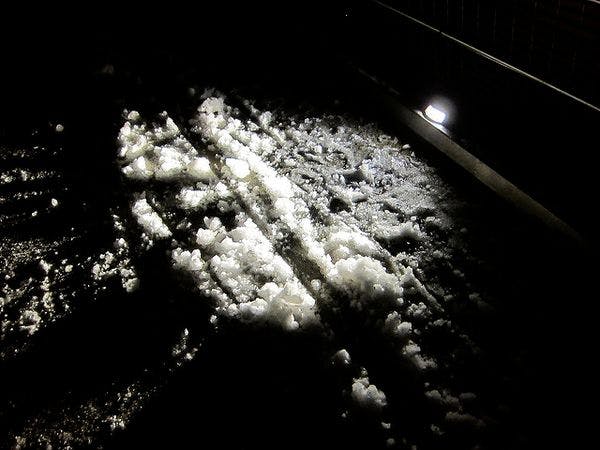Estados Unidos: Oregón prevé despenalizar la posesión de metanfetamina, heroína y MDMA
El proyecto de ley, por el que la posesión personal de las drogas de la Lista I y II pasaría de ser un delito grave a un delito menor, ya se ha aprobado en la Cámara y el Senado estatales. Más información, en inglés, está disponible abajo.
Suscríbase a las Alertas mensuales del IDPC para recibir información sobre cuestiones relacionadas con políticas sobre drogas.
Penalties for the possession of drugs in the US state of Oregon are set to be significantly reduced, as legislators in the state approved two bills focused on criminal justice reform.
On Thursday July 6, Oregon’s Senate passed House Bill 2355 (HB-2355) and House Bill 3078 (HB-3079), which had both already been approved by the state’s House of Representatives one day earlier.
Among its stipulations, HB-2355 reduces the crime classification of unlawful possession of controlled substances in the Schedule I and Schedule II categories to a maximum sentence of one year’s imprisonment, a $6,250 fine, or both. Selling drugs, and possessing drugs with the intent to sell, continue to be felonies.
Until now, possession of Schedule I drugs – such as MDMA and heroin, and Schedule II drugs – such as methamphetamine and cocaine, have been classed as felonies. These offences were punishable by up to 10 or five years in prison, respectively. HB-2355 redefines these offences as misdemeanours.
Click here to read the full article.
Keep up-to-date with drug policy developments by subscribing to the IDPC Monthly Alert.
Thumbnail: CC Acid Pix
